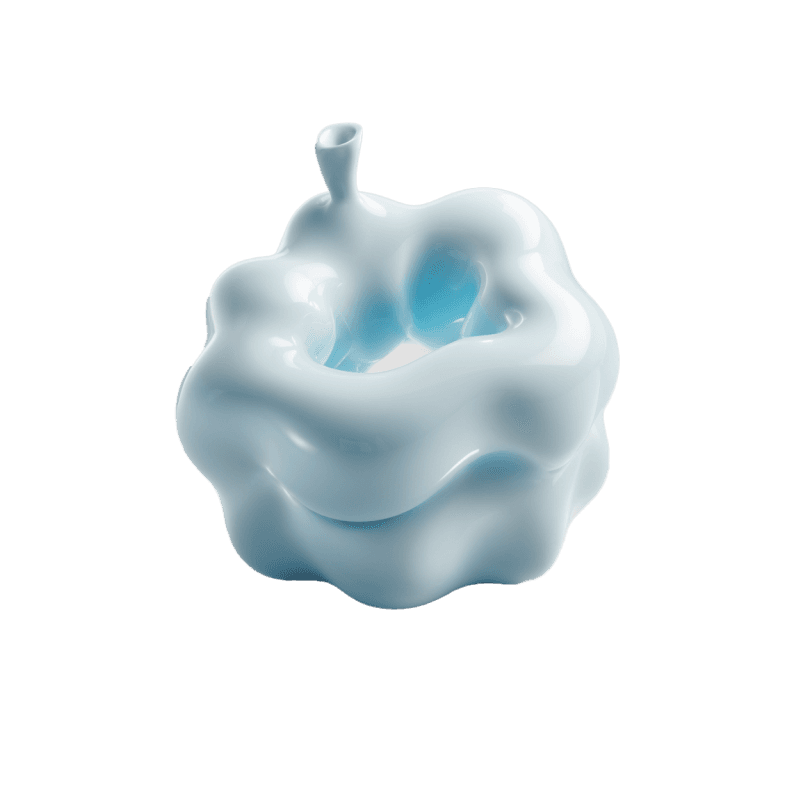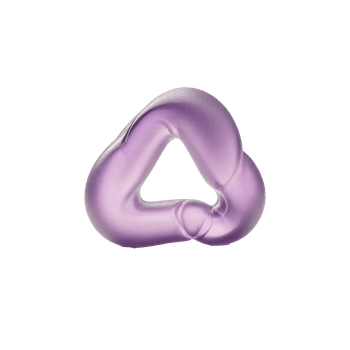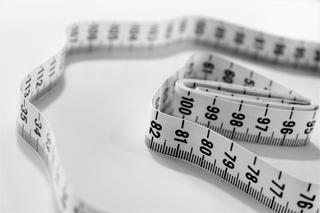Cortisol test – measure your body’s stress level and hormone balance
Do you often feel tired, stressed or have difficulty recovering despite rest? Then a cortisol test can give you important answers. Cortisol is the body’s main stress hormone – a hormone that helps you wake up, focus and perform, but which can become unbalanced in the event of prolonged stress. Through a simple blood test, we measure your cortisol level and give you insight into how well your adrenal glands and the body’s stress system are functioning.
When cortisol production is out of balance, the entire body is affected – from energy levels and sleep to the immune system, weight and mood. High levels can contribute to sleep problems, anxiety and weight gain, while low levels often lead to fatigue, anxiety, muscle weakness and reduced stress tolerance. The cortisol test shows whether your body is producing too much or too little cortisol and helps you understand whether your symptoms may be due to stress, burnout or hormonal imbalance.
Cortisol is produced in the adrenal glands and is released in response to both physical and mental stress to help the body perform better and stay alert. The hormone regulates the metabolism of fat, proteins and sugar, but also has anti-inflammatory properties. At elevated levels for a long time, cortisol can cause, among other things, sleep problems, weight gain and high blood pressure. Too low levels can in turn cause fatigue, weight loss, muscle weakness and depression.
Symptoms or discomfort with abnormal cortisol levels
Elevated cortisol levels can indicate conditions such as Cushing's syndrome, which can cause symptoms such as:
- Weight gain
- Round face shape
- High blood pressure
- Muscle and bone weakness
- Impaired immune system
Low cortisol levels may indicate Addison's disease or secondary adrenal insufficiency, and may lead to symptoms such as:
- Chronic fatigue
- Weight loss
- Low blood pressure
- Muscle weakness
- Anxiety
Cortisol levels in the blood vary during the day, and therefore it is important to take into account the time of sampling.
Reference range for S-cortisol
Reference range for cortisol, note that cortisol has a diurnal variation:
- Morning test: 145 – 620 nmol/L
- Afternoon test: 95 – 460 nmol/L
A non-stressed morning test for S-cortisol above 350 nmol/L usually contradicts cortisol deficiency.
Why is it important to measure cortisol?
Cortisol plays a crucial role in the body's ability to manage stress, maintain blood pressure, regulate metabolism and support the immune system. Imbalanced cortisol levels can affect multiple body systems and contribute to long-term health problems if not identified and treated. By measuring cortisol, you will gain a better understanding of how your body responds to stress and whether there are signs of underlying medical conditions that may need further investigation.
When can a cortisol test be particularly useful?
A cortisol test is often used to investigate prolonged fatigue, unexplained weight change, blood sugar problems, suspected hormonal imbalance or repeated infections. It is also used as a support in the assessment of conditions such as burnout, chronic stress, depression and hormonal diseases that affect the adrenal glands. Cortisol testing can therefore be a valuable tool for better understanding the body's general health.
Factors that can affect cortisol values
Cortisol levels can be affected by many factors such as lack of sleep, stress, infections, medications (e.g. cortisone treatment), caffeine intake and circadian rhythm. It is therefore important to take the sample at the right time and under as comparable conditions as possible to get a reliable picture of the body's cortisol production.












































